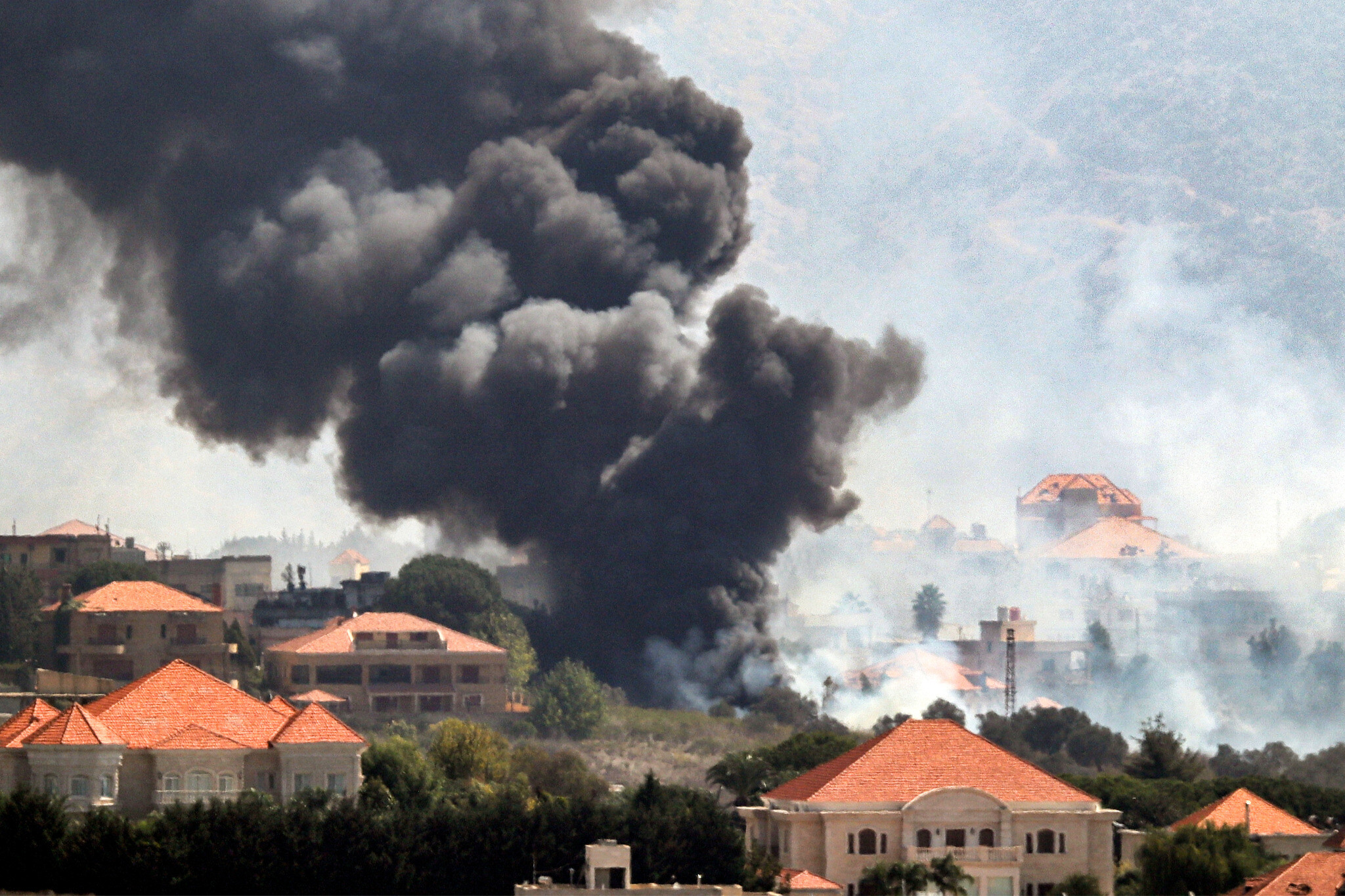The mental toll the war has taken on Israelis has led to a significant increase in the likelihood of purchasing short-term anti-anxiety medication, a new study based on 19 years of data revealed.
During times of heightened national security tensions in Israel, people are more likely to purchase the medications, researchers from the Kahn-Sagol-Maccabi (KSM), the Research and Innovation Center of Maccabi Health Services, found.
The research was announced on October 7, the one year anniversary of Hamas’s large-scale attack on southern Israel – in which terrorists murdered over 1200 people and abducted over 250.
The study is awaiting both peer-review and print but can be accessed online.
Dr. Tal Patalon, head of KSM: “The events of October 7th drastically changed reality for everyone—patients and healthcare providers alike. The sharp increase in anxiety medication use highlights the urgent need for tailored mental health interventions in acute setting during times of conflict.”
While the research found the purchase of short-term anxiety medications increased amid times of conflict, the data revealed the most dramatic increase following the October 7 attack in 2023. The findings highlight how national crises take a toll on mental health, stretching beyond the battlefield.
Researchers looked at the number of purchases of short-term anti-anxiety medication, particularly benzodiazepines (a common medication for treating anxiety). The study received ethical approval from the Helsinki Committee.
The anonymized medical data of over 1.1 million people aged 21 and older, from 2006 to 2024, revealed that during military operations, people were 28% more likely to buy anti-anxiety medications, and during the Second Lebanon War, this likelihood increased by 44%. After October 7, and during the war that followed, people were 317% more likely to seek out anxiety-related prescriptions, compared to times of national stability.
Breaking the data down
The data also found that women were more likely to seek treatment for anxiety, both in times of stability and in times of national unrest. Female patients were 26% more likely to start anxiety medication during military operations and 81% more likely to do so after October 7, on top of their already higher baseline likelihood of seeking anxiety treatment compared to males.
Looking at the locations of the purchases, the researchers confirmed that during the Second Lebanon War, residents of northern Israel were more likely to purchase anti-anxiety medications compared to those in central Israel.
Additionally, residents near the Gaza border were generally less likely to seek treatment during most conflicts, despite the high level of direct exposure to attacks.
Following October 7, however, anxiety treatment appeared to increase across all regions.
“The events of October 7th drastically changed reality for everyone—patients and healthcare providers alike,” said Dr. Patalon. “The sharp increase in anxiety medication use underscores the urgent need for targeted mental health interventions during times of conflict. It also highlights the critical role that environmental and national stressors play in influencing individual health and wellbeing.” She added that the study emphasizes the value of big data in helping better identify where and when additional resources are needed.




